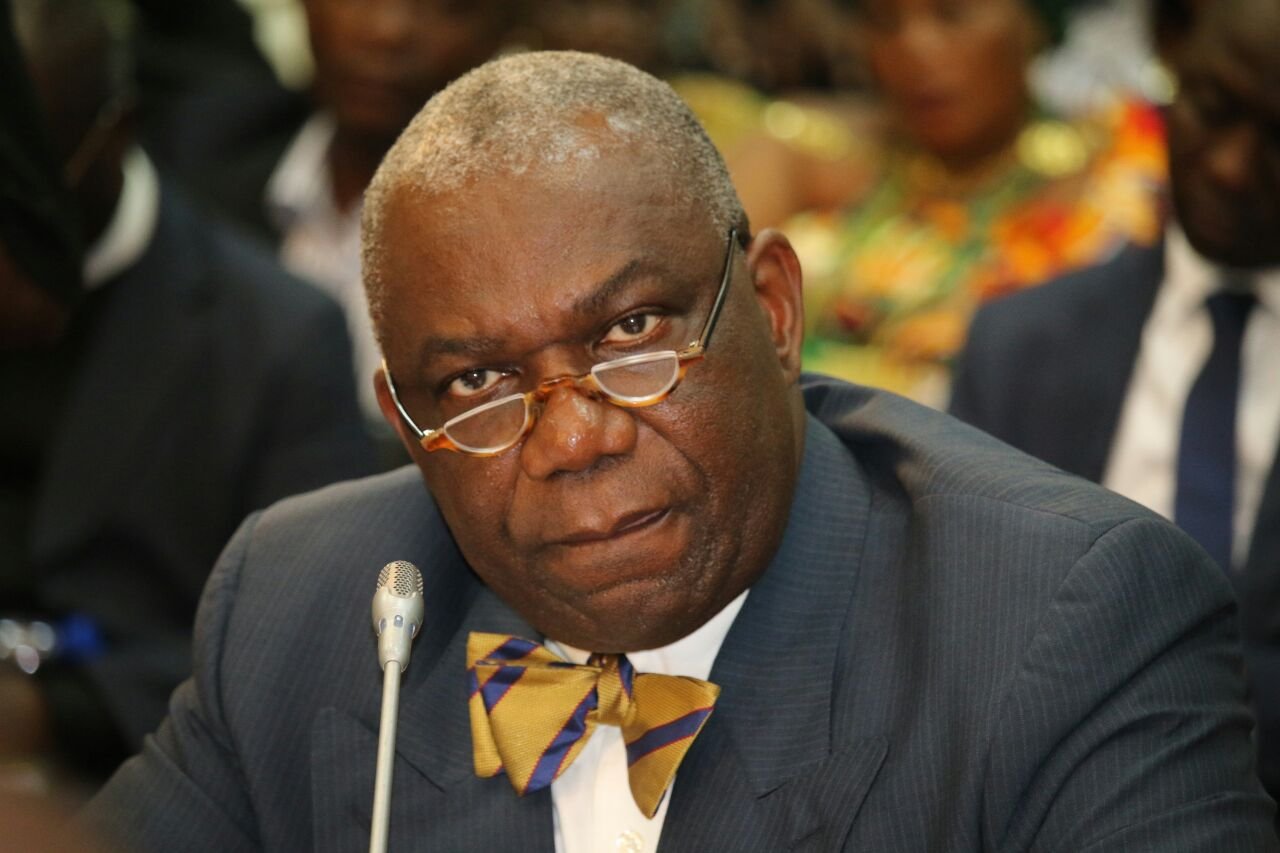
The Public Utility Workers’ Union (PUWU) has called on government to launch an investigation into the construction of the Teshie desalination water plant.
PUWU argues that years after the completion of the plant, it is yet to be fully productive.
In a statement urging government to probe the circumstances leading to the construction, PUWU also asked for investigations into the public officials who negotiated the agreement to “ascertain whether GWCL and Ghana, as a whole, has not been short-changed by this deal.”
The Union is also calling on the Ministry of Finance, as a matter of urgency, to take appropriate steps to take “this albatross hanging around the neck of the Company.”
In December 2002, the Ghana Water Company Limited (GWCL) signed an agreement with Messrs Befessa to build a desalination plant at Teshie to produce potable water from sea water for sale to GWCL for distribution to residents in the Teshie-Nungua area. This agreement was ratified by a resolution of Parliament.
The desalination plant, an investment by a private entity, started operation in February 2015.
Under the agreement, GWCL is required to pay a capacity charge of US$ 1.4 million per month to Messrs Befessa. This charge is payable whether the plant is working or not. Again, GWCL is obliged to pay the electricity bills of the desalination plant which stands at an average of GAO million per month (for 2017).
The owners and operators of the plant, which is currently owned by the private Investor, (Messrs Befessa) are not responsible for the payment of the electricity that is used to enable the plant operate.
“GWCL buys water from the desalination plant at GHC 6.50 per cubic meter and sells it to customers at the PURC approved tariff of GHC 1.50. Therefore, for every cubic meter of water purchased and sold GWCL losses GHC 5.00.
“In addition, GWCL pays the invoice amount in US Dollars even though it sells the water in Ghana cedis, thereby accumulating more losses as a result of exchange differentials.
Another strange provision in the contract is the price indexation which is tied to local Inflation although the invoice and payment to the Private operator is In the United States Dollars.
“In 2015, GWCL paid to Befessa a total of US $1.8 million leaving an outstanding indebtedness of US$13.9 million. In 2016, even though GWCL was making a negative cashflow of about GHc 7.2 million a month the Company was compelled to pay Befesa a total of US $ 23.7 million leaving an outstanding indebtedness of US $ 8.1 million. As at the end of September 2017, GWCL had paid a total of US$ 12.9 million to Befesa leaving an outstanding indebtedness of US$7.2 million. The company continued to make a net negative cashflow of an overage of GHc 6.02 million per month,” the statement said.
“In the light of the fact the that this agreement has seriously weakened the capacity of GWCL to deliver on its mandate, PUWU calls on Government, which guaranteed the agreement, to take over the financial commitments and transaction losses suffered by GWCL in the purchase and sale of water from the desalination plant, to save the Company from potential collapse so that it can continue to deliver potable water to Ghanaians. The current situation where workers feel this arrangement is like robbing “Peter to pay Paul” must stop,” it added.
Source: Ghana/Starrfmonline.com/103.5FM




